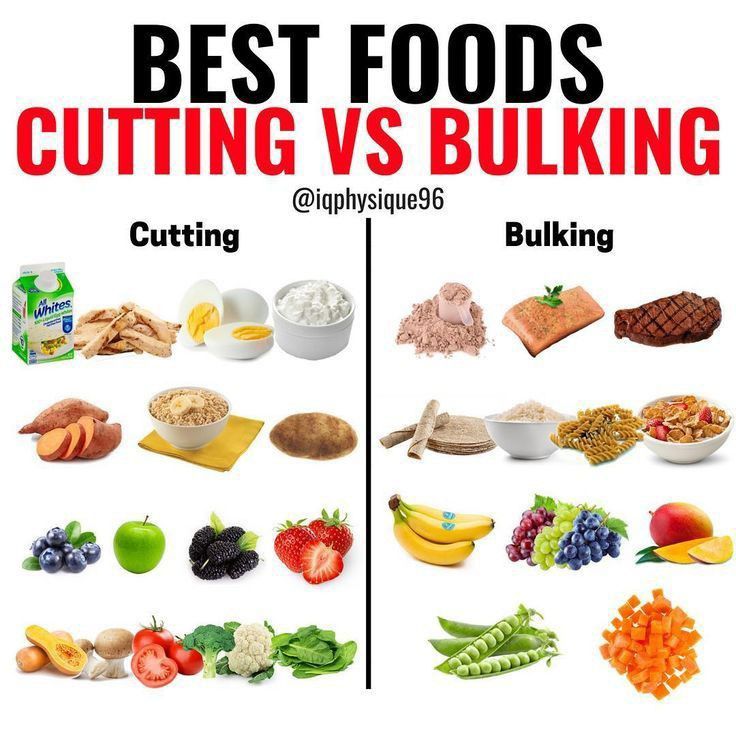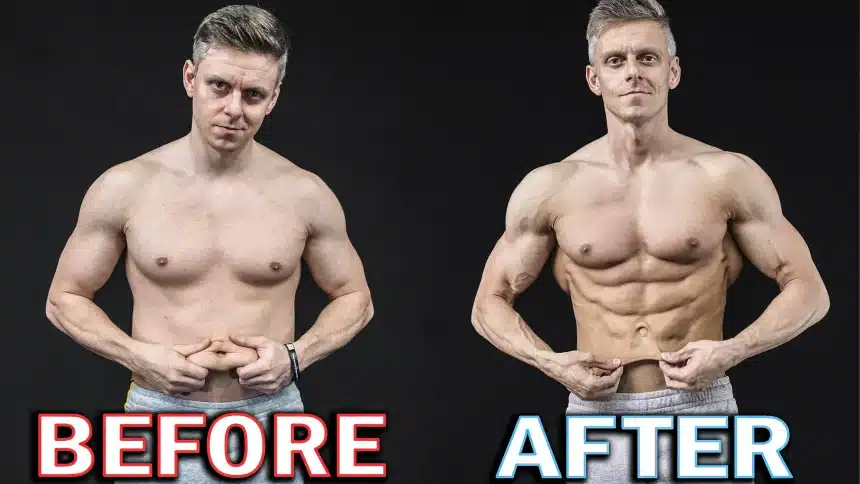How to Lose Weight Fast and Safely?
Ever feel like you’re doing everything right but the scale won’t budge?
You’re not alone. Losing weight can feel like a frustrating, never-ending battle. From fad diets that promise the moon to fitness routines that leave you sore and discouraged, it’s hard to know what actually works. But here’s the truth: sustainable weight loss isn’t about quick fixes—it’s about making smarter, lasting choices.
In this guide, we’ll break down the best, science-supported strategies for losing weight naturally, safely, and—yes—effectively. Whether you want to drop 10 pounds or change your lifestyle altogether, you’ll find tips that actually work.
Let’s dive into what it really takes to lose weight and keep it off, starting today.
Why Losing Weight Is So Hard (and Why It’s Not Your Fault)
Let’s get one thing straight: your body is wired for survival, not a six-pack.
When you cut calories or start exercising more, your body kicks into conservation mode, holding onto fat as if winter’s coming. Hormones like ghrelin (the hunger hormone) rise, while leptin (the satiety hormone) drops—making you crave more food.
Add stress, sleep deprivation, and a sedentary lifestyle to the mix, and it’s easy to see why most diets fail. But with the right approach, you can reset your habits and overcome those built-in biological roadblocks.

🥗 1. Focus on Whole Foods, Not Calories
Counting calories can work short-term, but it’s not the whole picture.
Instead of obsessing over numbers, focus on nutrient-dense foods that fill you up and fuel your body.
Try this instead:
Eat more protein (e.g., eggs, chicken, tofu) – it reduces hunger and boosts metabolism.
Choose fiber-rich carbs (e.g., oats, sweet potatoes, beans).
Fill half your plate with colorful vegetables – high volume, low calorie.
Limit ultra-processed foods – they spike your blood sugar and leave you hungry for more.
✅ Pro Tip: A 2020 study in Cell Metabolism found people eating ultra-processed diets consumed 500 more calories per day than those eating whole foods.

🚶 2. Move More, But Don’t Overdo It
You don’t need to train like an Olympian. In fact, overtraining can increase cortisol levels and cause your body to hold onto fat.
Instead, start with small, manageable steps:
Walk 8,000–10,000 steps a day – walking alone burns fat, reduces stress, and improves insulin sensitivity.
Do strength training 2–3x a week – muscle burns more calories at rest.
Add movement “snacks” – 5-minute stretches, stair climbs, or squats during work breaks.
🏋️ Personal Story: I had a client, Sarah, who lost 25 lbs just by walking daily and adding 10-minute resistance band workouts. No fancy gym membership required.
😴 3. Sleep More to Weigh Less
Lack of sleep = more cravings.
Research shows people who sleep less than 6 hours a night are more likely to gain weight due to hormonal imbalances and poor decision-making.
Make sleep a priority:
Aim for 7–9 hours a night
Avoid screens an hour before bed
Stick to a consistent sleep schedule
🧠 Science says: A Harvard study linked poor sleep to increased BMI and lower leptin levels (aka: you’re always hungry).

💧 4. Hydration Hacks for Fat Loss
Sometimes when you think you’re hungry, you’re actually just dehydrated.
Water can be a weight-loss MVP:
Drink a glass before meals – reduces appetite.
Replace sugary drinks with infused water or herbal tea.
Carry a water bottle everywhere.
🚰 Fun Fact: A study published in Obesity found people who drank water before meals lost 44% more weight than those who didn’t.
🧠 5. Mindful Eating Beats Crash Dieting
It’s not just what you eat, but how you eat.
Mindless snacking, emotional eating, and wolfing down meals can sabotage your progress.
Try mindful eating techniques:
Eat without distractions (yes, put the phone down).
Chew slowly and savor each bite.
Listen to your hunger cues – eat when you’re hungry, stop when you’re 80% full.
🧘 Think of it like this: mindful eating is meditation for your metabolism.
🚫 6. Stop the “All-or-Nothing” Trap
One cookie doesn’t mean the whole day is ruined.
Sustainable weight loss is about progress, not perfection. You’ll slip up. That’s human. The key is not letting one “bad” meal turn into a weeklong binge.
💡 Mindset Shift: Replace “I blew my diet” with “I enjoyed a treat—back to balance.”
🛠️ 7. Practical Weight Loss Tips That Work
Here’s a no-fluff checklist to start losing weight:
✅ Meal prep on Sundays to avoid takeout temptations.
✅ Keep healthy snacks (nuts, Greek yogurt, fruit) handy.
✅ Grocery shop with a list—never when hungry.
✅ Eat at the same times daily to regulate hunger.
✅ Track your progress (but not obsessively)—photos > scale.
🔗 Related Reads:
Intermittent Fasting: Does It Work for Weight Loss?
Top 10 Foods That Boost Metabolism Naturally
How to Build a Home Workout Routine That Actually Works
🌍 Trusted Resources:
Mayo Clinic – Healthy Weight Loss
National Institutes of Health – Obesity Research
🔚 Conclusion: Your Weight Loss Journey Starts Today
Let’s be real—losing weight isn’t easy. But it’s absolutely possible when you stop chasing fads and start embracing sustainable, healthy habits. Remember: it’s not about being perfect—it’s about being consistent.
You’ve got this. Start small. Stay committed. Be kind to yourself.
Ready to take the first step? Share your goal in the comments or save this article to revisit anytime you need a boost.
❓FAQs: How to Lose Weight
What is the best diet for weight loss?
There’s no one-size-fits-all diet. The best one is the one you can stick with. Mediterranean, high-protein, and whole-food plant-based diets are all great options.
How fast can I safely lose weight?
Aim to lose 1–2 pounds per week. Rapid weight loss can lead to muscle loss, nutritional deficiencies, and yo-yo dieting.
Do I need to count calories to lose weight?
Not necessarily. Focusing on food quality and portion sizes often leads to natural calorie reduction.
Can I lose weight without exercise?
Yes, weight loss is primarily driven by diet. However, exercise improves overall health and helps maintain weight loss long-term.
Why am I not losing weight even when I’m eating healthy?
You might be eating too much healthy food, not sleeping enough, or dealing with hormonal imbalances. Track habits and talk to a doctor if needed.
Does intermittent fasting help with weight loss?
Yes, for many people. It can help reduce calorie intake and improve insulin sensitivity—but it’s not for everyone.
How do I stay motivated to lose weight?
Set realistic goals, celebrate small wins, and surround yourself with support. Motivation comes and goes—discipline gets you through.
Would you like this article formatted for your blog or CMS (e.g., WordPress, Notion, Ghost)? I can also generate the HTML or markdown version for easy upload.
You may be INTERESTED in the following post: How to Get Six Pack Abs Easily in 2025: Lean First, Train Smart, Look Powerful






